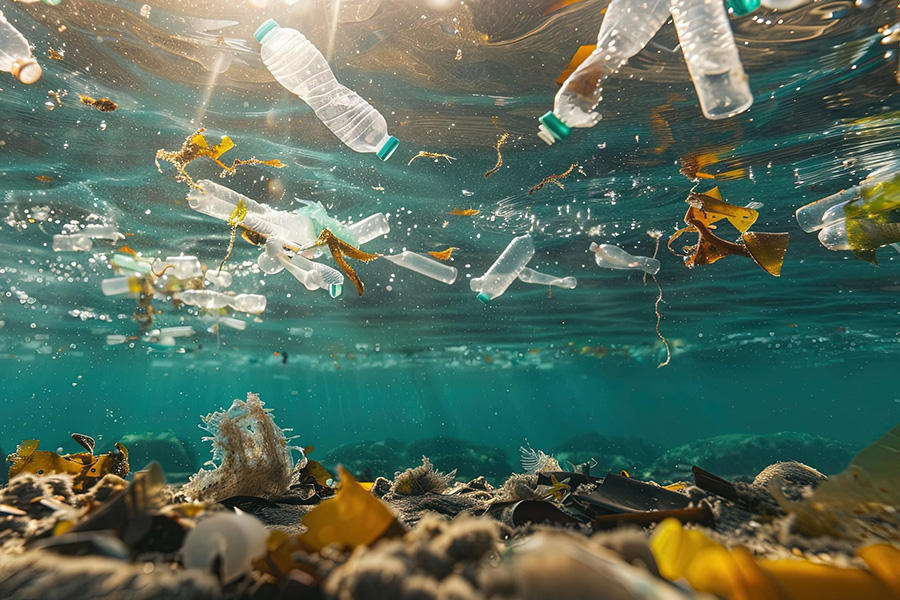
Indonesia has complied with the Tripartite Agreement by putting together various laws and regulations and other regulations and forming a structure to protect the sea.
Authors
Vita Cita Emia Tarigan, Faculty of Law, Universitas Sumatera Utara, Indonesia.
Akmal Handi Ansari Nasution, Assistant Professor, Jindal Global Law School, O.P. Jindal Global University, Sonipat, Haryana, India.
Mohammad Ekaputra, Faculty of Law, Universitas Sumatera Utara, Indonesia.
Rizki Nanda Saputri, Faculty of Social Science and Political Science, Universitas Sumatera Utara, Indonesia.
Summary
Indonesia bears interest in the Malacca strait as one of its stakeholders in its effort on maritime navigational safety and environment in navigational safety and environment. Its efforts are fundamental in controlling, preventing, and recovering pollution from vessels.
Referring to the United Nations Convention on Law of the Sea (UNCLOS) 1982, Indonesian contribution to controlling marine life pollution is vital. Therefore, Indonesia signed a tripartite agreement with Malaysia and Singapore (Agreement on Safety of Navigation in the Straits of Malacca and Singapore 1977). The Tripartite Agreement needs to be used as a reference in making regulations in Indonesia and implemented as a proof of Indonesia’s compliance with the Tripartite Agreement.
Therefore, the purpose of this research is to understand Indonesia’s conformity to the mentioned agreement in controlling marine environment pollution in the Strait of Malacca. It utilizes literature and case studies such as books, notes, and previous research. The theory that we use is the compliance theory and combined theory for elaborating the obedience of Indonesia to the agreement itself. It can be concluded that Indonesia has complied with the Tripartite Agreement by putting together various laws and regulations and other regulations and forming a structure to protect the sea. However, in practice, it still requires some improvement.
Published in: Indonesian Journal of International Law
To read the full article, please click here.

